Instead of mimicking ex-colonial powers, the event can help decolonise biased thinking about Arab and Muslim cultures.
![FIFA World Cup Qatar 2022 mural at Katara Cultural Village in Doha, Qatar, Nov 13, 2022 [Sorin Furcoi/Al Jazeera]](https://www.aljazeera.com/wp-content/uploads/2022/11/SOR02406.jpg?resize=770%2C513&quality=80)

Larbi Sadiki is a professor and a senior fellow at the Middle East Council on Global Affairs. He is editor of the Routledge Series (UK): the Routledge... Studies of Middle Eastern Democratization and Government. He is also Editor-in-Chief of the Brill Journal, PROTEST.
Instead of mimicking ex-colonial powers, the event can help decolonise biased thinking about Arab and Muslim cultures.
![FIFA World Cup Qatar 2022 mural at Katara Cultural Village in Doha, Qatar, Nov 13, 2022 [Sorin Furcoi/Al Jazeera]](https://www.aljazeera.com/wp-content/uploads/2022/11/SOR02406.jpg?resize=770%2C513&quality=80)
For Ennahdha, in national politics – as well as party politics – important challenges loom on the horizon.

Is President Kais Saied trying to bite off more than he can chew?

What happened on July 25 in Tunisia is the country’s newest political “enigma”.

Several months of internal debates have come to full fruition for the reformists within the party.
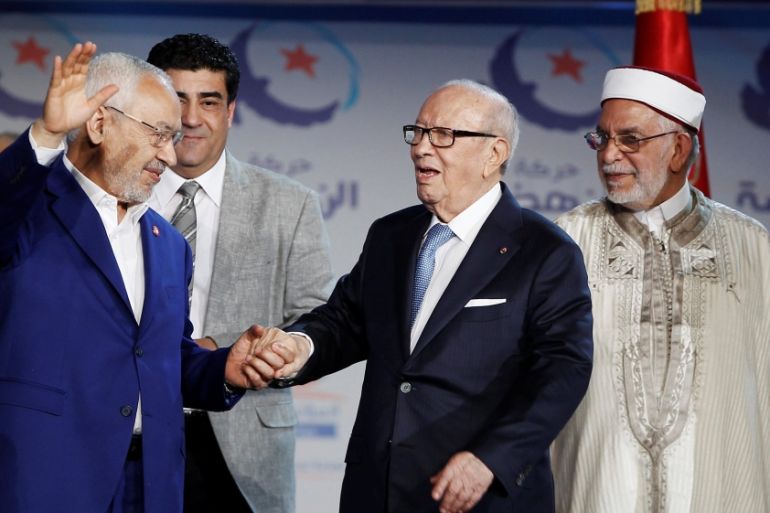
Addressing the socio-economic question is crucial to Tunisia’s long and arduous battle against ISIL terrorism.
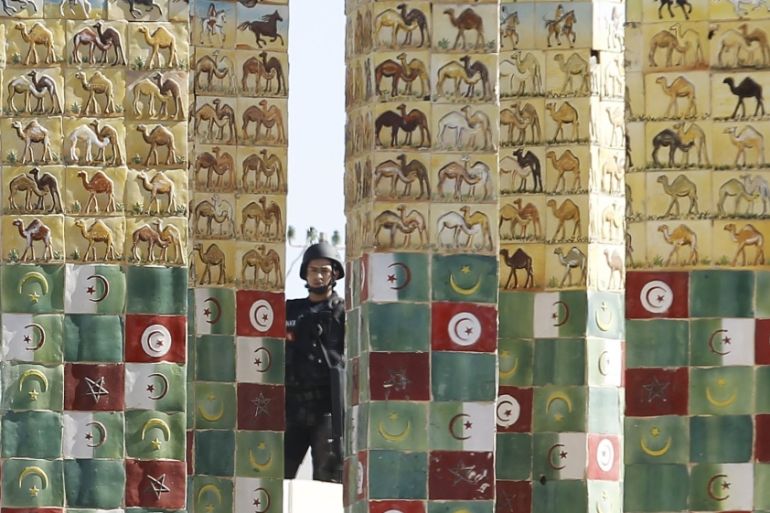
The example set by Tunisia’s National Dialogue Quartet could benefit Egypt, Iraq, Lebanon, Libya, Yemen, and Syria.
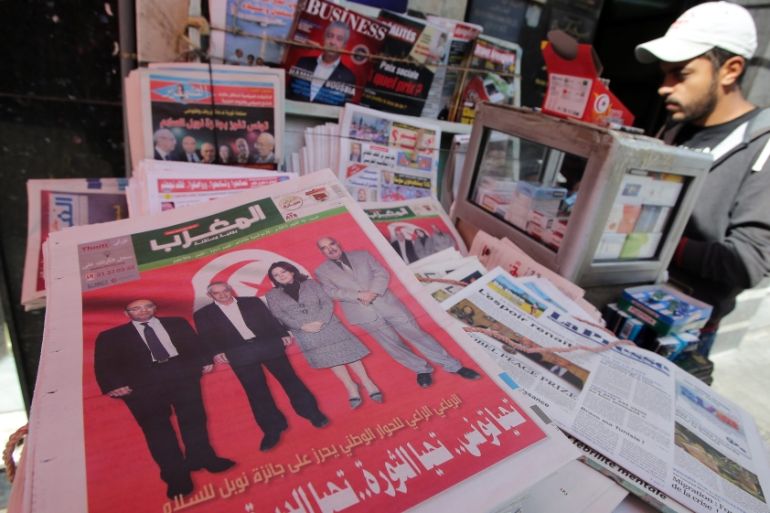
Tunisia’s new anti-terrorism law represents bad lawmaking and could demote rather than promote democratisation.
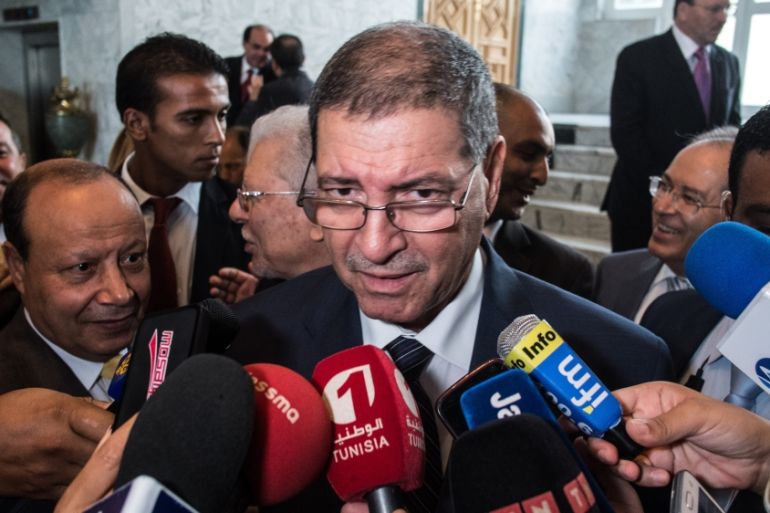
Tunisia president’s hasty response to beach attack casts doubt on the government’s ability to fight terrorism.
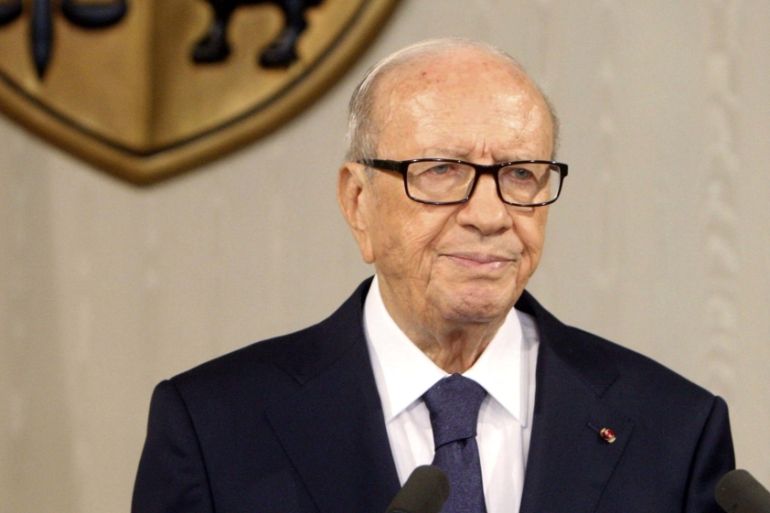
The last thing jihadists want for Tunisia is for democracy to triumph.
![Tunisians holding candles pray at the entrance gate of the National Bardo Museum where scores of people were killed after gunmen staged an attack, Tunis [AP]](https://www.aljazeera.com/wp-content/uploads/2015/03/95bdbf9b7e1f4dd4b63bd983e0e1b234_18.jpeg?resize=770%2C513&quality=80)